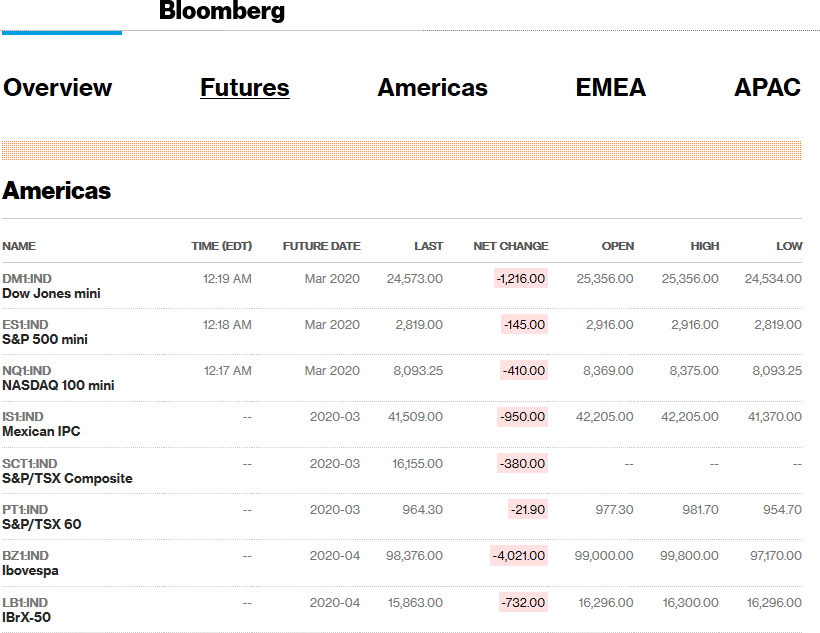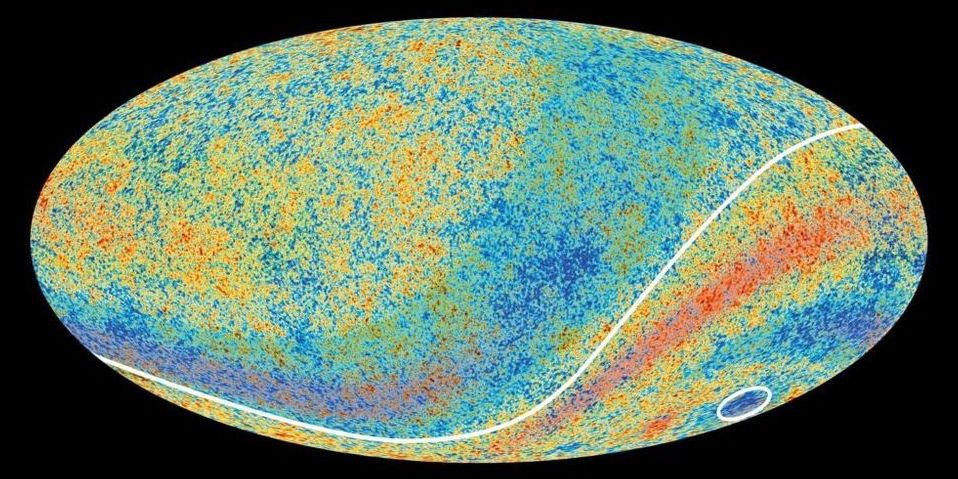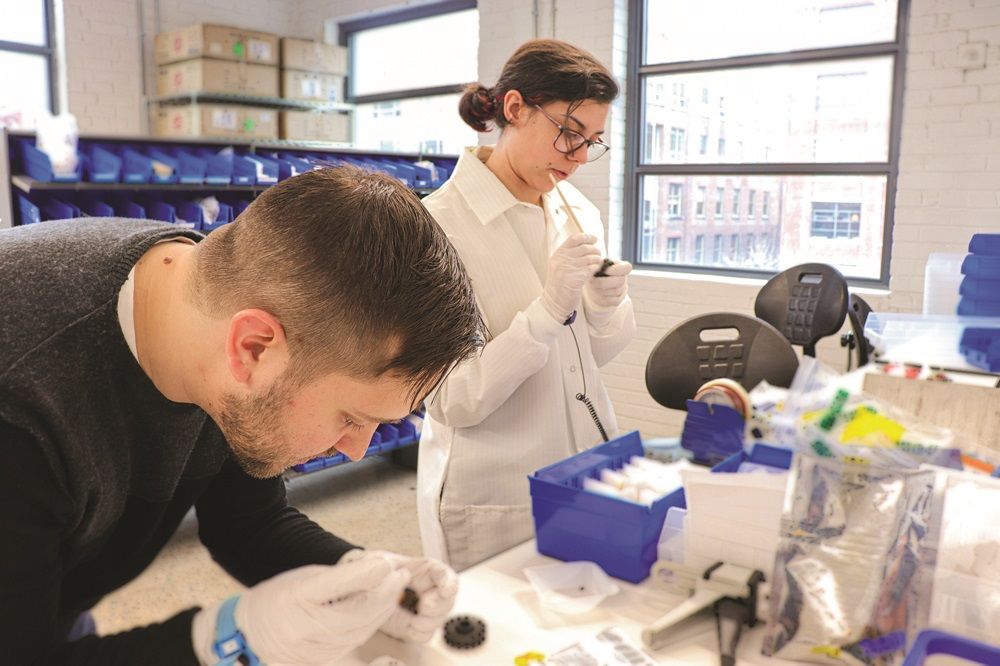This week…
🔴 A new name for our next Mars mission: NASA’s Perseverance Mars Rover 🐉 SpaceX’s Dragon launches with supplies for the International Space Station 👩🏽🚀 Applications open to #BeAnAstronaut
This week…
🔴 A new name for our next Mars mission: NASA’s Perseverance Mars Rover 🐉 SpaceX’s Dragon launches with supplies for the International Space Station 👩🏽🚀 Applications open to #BeAnAstronaut





Photonics experts at Heriot-Watt university are hailing a breakthrough in laser research.
They have come up with a new and relatively inexpensive way of creating a laser supercontinuum.
They hope it could eventually have applications in bio-imaging and optical communications.
Generation of a supercontinuum happens when intense laser light of a single colour travels through a material and then broadens into a spectrum of colours.

That’s no longer the case. Blue Canyon Technologies, AAC Clyde Space, GomSpace, NanoAvionics, Tyvak and several others are ready and willing to build cubesats en masse. So it came as a surprise to many cubesat manufacturers when Kepler Communications announced plans in January to manufacture its constellation of 140 Internet of Things satellites in-house.
Kepler is poised to become one of the world’s largest cubesat operators once its constellation is fully in orbit, a target set for the end of 2022. Only Planet currently operates a fleet that large.
Instead of formally soliciting bids from a wide range of cubesat builders, though, Toronto-based Kepler turned to the University of Toronto Institute for Aerospace Space Flight Laboratory (SFL) for help setting up its own manufacturing line. Kepler also received 1 million Canadian dollars ($760,000) from the Canadian Space Agency to mature its bus design and production techniques, leading some observers to conclude national pride could play a role. Through Kepler, Canada is establishing a robust cubesat manufacturing capability.

Did you know TNW Conference has a track fully dedicated to exploring new design trends this year? Check out the full ‘Sprint’ program here.
There’s been a lot of discussion in recent times around the need to get more women into AI and the primary focus of this discussion has been on developing AI systems that represent both men and women in order to reduce bias. The necessity of including women in the development of AI is universally accepted as being a positive step, and of course, it extends beyond gender to ethnicity and nationality as well if we are to truly create anything without bias.
However, there’s a narrow focus within this discussion on including women with technical skills and we need to look beyond this. There’s a whole host of skills required to develop AI systems, from designing the user interface, user experience, user testing, product development, and the system testing and training required to successfully launch an AI solution.


Intel Israel announced that the project is the first of its kind which uses AI to create “female intelligence.” The experts who worked on the project, led by data scientist and researcher Shira Guskin, analyzed thousands of insights from “veteran career women.” Once the initial advice was submitted by many women across the Israeli work force, the researchers passed the data through three algorithm models: Topic Extraction, Grouping and Summarization. This led to an algorithm which “processed the tips pool and extracted the key tips and guidelines.”
The AI said that women should fully invest in their careers, be confident, network, love, and trust their guts.